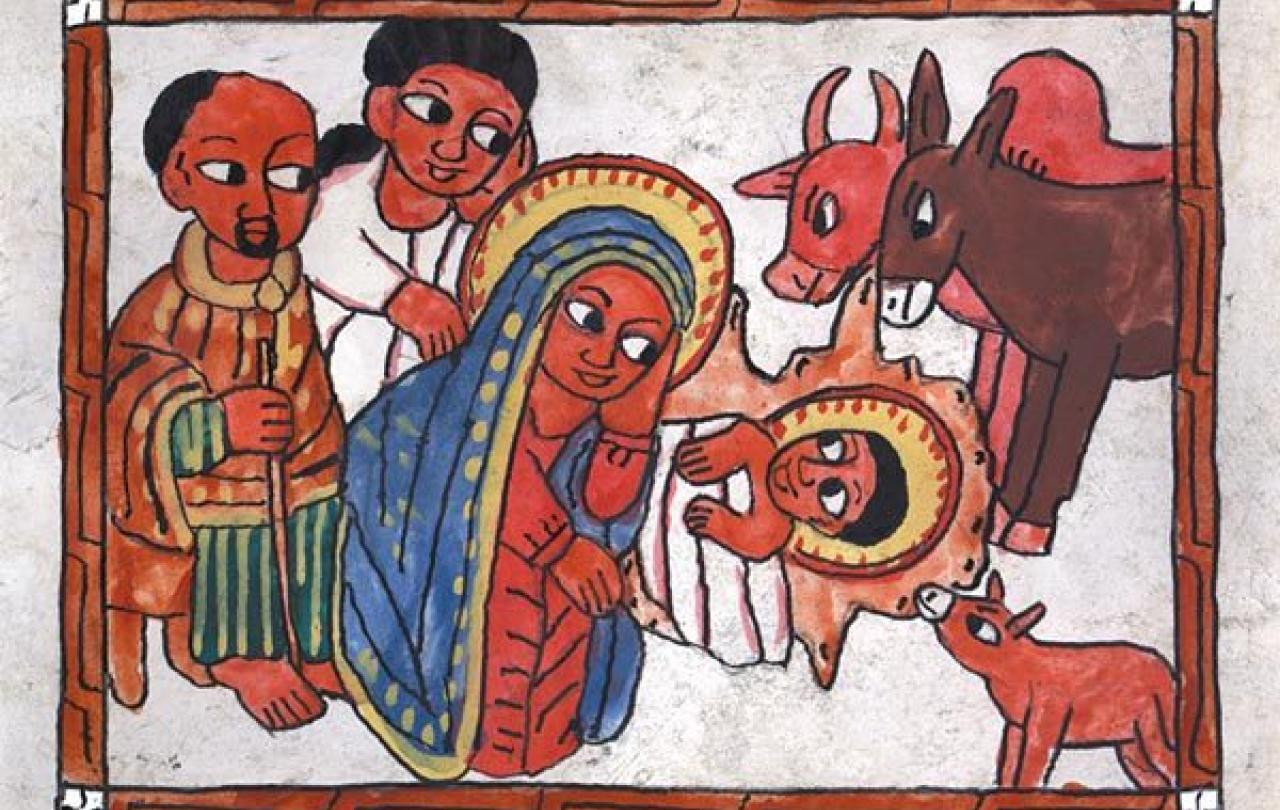
It’s the GodPod Christmas special! Today, Graham, Michael and Jane, are joined by Dr Paula Gooder. Together they speak about the stories of women in the New Testament, including the ones that make up the nativity.
Dr Paula Gooder is a New Testament scholar and Chancellor of St Paul’s Cathedral in London. She is also the author of numerous best-selling books – including Phoebe, Lydia, and her latest offering, Women of the Nativity: an Advent and Christmas Journey in Nine Stories – within which she fuses her extensive biblical knowledge with her masterful story-telling skills.
Support Seen & Unseen
"If you were able to support GodPod with a regular gift of £5 or £10 a week, that would be a great encouragement for us and enable us to continue to produce the content we offer."
Graham Tomlin, Editor-in-Chief





